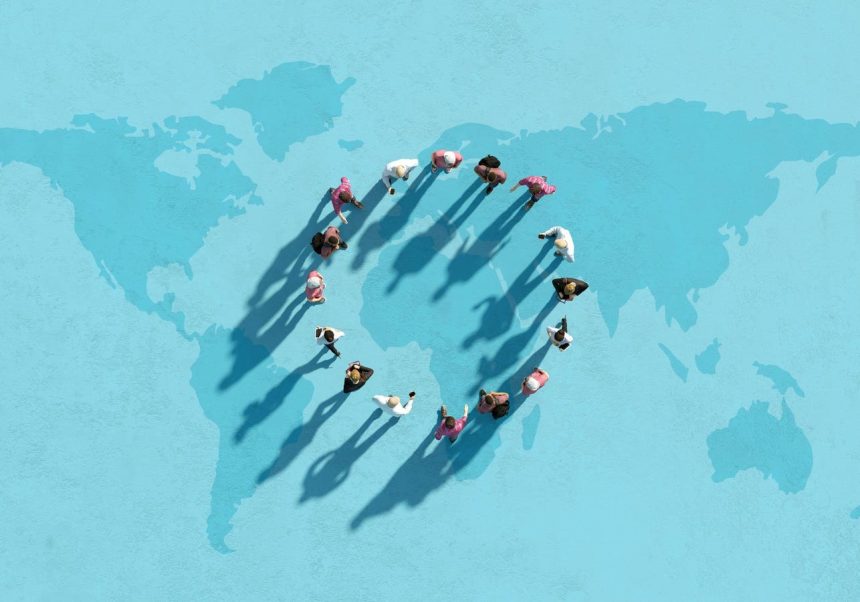Founder and CEO of Massaro Consulting, an IT Management Consulting firm.
The corporate terrain is ever-evolving, with each era ushering in its unique leadership brand. Unlike the traditional leaders of yesterday, whose focus veered toward profit maximization, the leaders of tomorrow are gearing up for a more collaborative, humanistic approach.
We are starting to see this change in leadership with CEOs and founders like John Mackey, who coined the concept of “conscious capitalism” through his work at Whole Foods. In his book, named after the concept, he asserts that organizations that follow this paradigm outperform organizations with traditional win-lose strategies. One of the four key tenets of conscious capitalism is stakeholder orientation—winning together with everyone in the ecosystem.
Economic models are becoming more and more interdependent. Winning at the expense of stakeholders’ losses may bring short-term gains but strains interdependencies and proves counterproductive in the long run. Business is not a net-sum game. You can have all the stakeholders, including employees, customers, suppliers, community and even competitors, play on the team and win.
Take a young professional, Deidre Martyn, who started her career at my consulting firm. She was tossed into the deep end of a project with another big competing consultancy firm, and boy did she swim. When our competitor’s team hit a snag, Deidre didn’t just keep our boat afloat; she threw them a lifeline and helped them shine before the client. That’s the spirit we’re talking about! Even with a clear opportunity to capitalize on a competitor’s fault, she worked to lift the project—not our top line. It’s about extending a helping hand and making allies, not just accomplishing our own targets. And the pat on the back came not just from our side but from the other team, lauding Deirdre for being a partner. That’s a snippet of how the new breed of leaders is laying the bricks of an all-stakeholders-win philosophy.
One way organizations can practice the all-stakeholder-win philosophy today is by organizing formal programs to partner with NGOs. For the management consulting industry, and specifically for my company, it means donating skilled labor to qualified nonprofits.
Doing so not only fosters goodwill but enriches an organization’s experience as you contribute to meaningful projects. It is a clear demonstration to the ecosystem of stakeholders that your mission statement exists not only on your website but actually drives your behavior.
• Customers feel better giving their business to a company that clearly cares about helping great missions and driving results.
• Employees benefit by diversifying their experience and getting greater exposure to causes they can support in their community.
• Communities around your customers and employees are lifted twofold: from the direct impact you make together as partners and through greater awareness, as your employees become supporters of noble missions.
• Investors are happy since they know that the initiative will positively affect revenue growth because it makes every aspect of the company better—better employees, better track record, better relationship with the market.
• And lastly, competitors are challenged to stay true to their own missions. Management consultants are expected to carry the highest degree of integrity. What better way is there to demonstrate integrity than donating a percentage of your service capacity to great causes? Hopefully, the practice of donating time to nonprofits will become table stakes for the entire industry and make every management consultant feel better about their work.
Citing that these are uncertain times with a high probability of recession and lingering inflation, many leaders revert to a “survival” or “predatory” mode. In either mode, organizations tend to focus on their own winning only. Profits take center stage and missions are forgotten. Such short-sighted behavior is both arrogant and counterproductive. In the tightly interconnected business world of today, forgetting to be a good citizen carries an imminent penalty.
When your organization wins, your customers win, your employees win and even your competitors are pushed to up their game. It’s about creating a tide that lifts all boats, ushering in a camaraderie beyond just boardrooms.
Young leaders in all organizations already think in ecosystem terms and look for models that benefit all stakeholders. This is how the business landscape of the future will operate. Soon, business win-loss stories will sound like inexplicable savage behaviors of past generations of humans. Let’s support our next generation of leaders in their kinder leadership approach.
Forbes Business Council is the foremost growth and networking organization for business owners and leaders. Do I qualify?
Read the full article here










